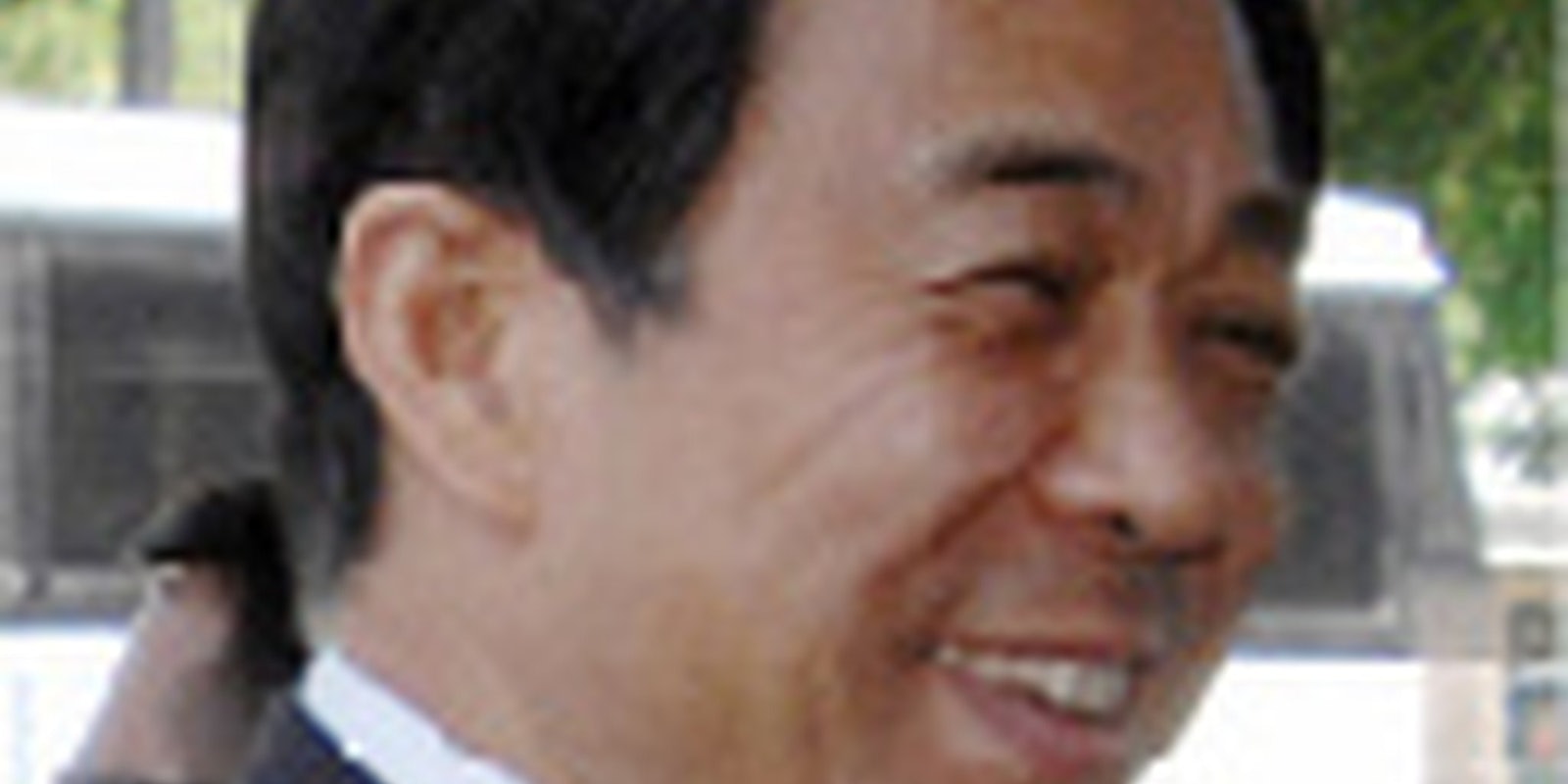On China’s Twitter-like microblogs, rumors are swirling around the arrest of a man with deep connections to a rising political star. And while Beijing has apparently ordered a print media blackout, there’s an information free-for-all online, prompting many to wonder: Do the censors have a political game to play?
On Wednesday, Chinese authorities arrested Wang Lijun, an anti-corruption crusader and former top cop in the 30 million strong city of Chongqing.
Wang was, until recently, a close confidante and deputy of Bo Xilai, the Chongqing Communist Party secretary.
The details on Wang’s arrest are sparse. Authorities nabbed him outside as he left the American consulate in Chengdu, where he was rumored to be seeking political asylum. The official reason for his departure is illness. He is, according to Beijing authorities, essentially on sick leave.
On Sina Weibo, China’s largest microblogging service, Bo’s name has already been blocked, but that’s usually true for Chinese officials, according to Reuters
His former partner, on the other hand, is lighting up the social media charts.
On Sina Weibo, rumors are flying about why Wang Lijun was arrested, and what it means for Bo Xilai.
This case illustrates just how carefully the government censors social networks, by strategically allowing certain pieces of information to stand, while taking a scalpel to others. In fact, the government says as much by what it is not censoring as it does by what it is.
Wang was a trending topic twice on Sina Weibo, according to Charles Custer at his blog, China Geeks.
“Clearly, Sina is not trying very hard to suppress discussion and rumors about Wang Lijun,” Custer tweeted. “That can’t be an accident.”
Sina Weibo has censored some posts about Wang, according to the China Media Project. But “it still seems like a free-for-all,” the organization wrote on Twitter Thursday night. “So much being shared.”
Bo and Wang duo became the poster children of China’s hard-line left, thanks in part to a crusade against criminality and corruption in Chongqing. Bo and Wang allegedly permitted extra judicial techniques, including torture, to extract confessions and clean out the sleazy underbelly of Chongqing.
It was the largest anti-corruption campaign in the country’s history, netting 1,544 arrests between 2009 and 2010, including six police chiefs and Wen Qiang, the city’s former deputy police commissioner.
But the duo’s crusades and Maoist rhetoric came at the cost of powerful enemies. Wen, who was executed in July 2010, was a protege of He Guoqiang, a member of the Politburo Standing Committee. That committee is one of the most powerful political entities in China—Bo has made little secret of his own ambition to join it.
Bo’s ambition, and his political career, are now in peril. And China’s censors are apparently happy to stand back and watch.


